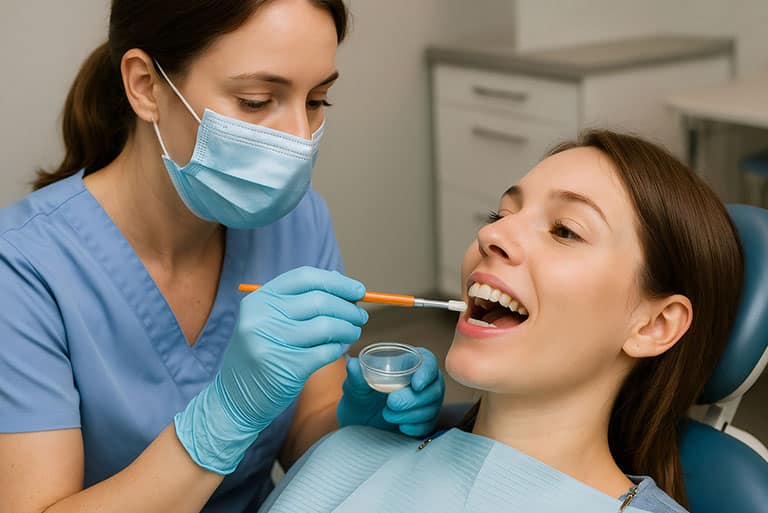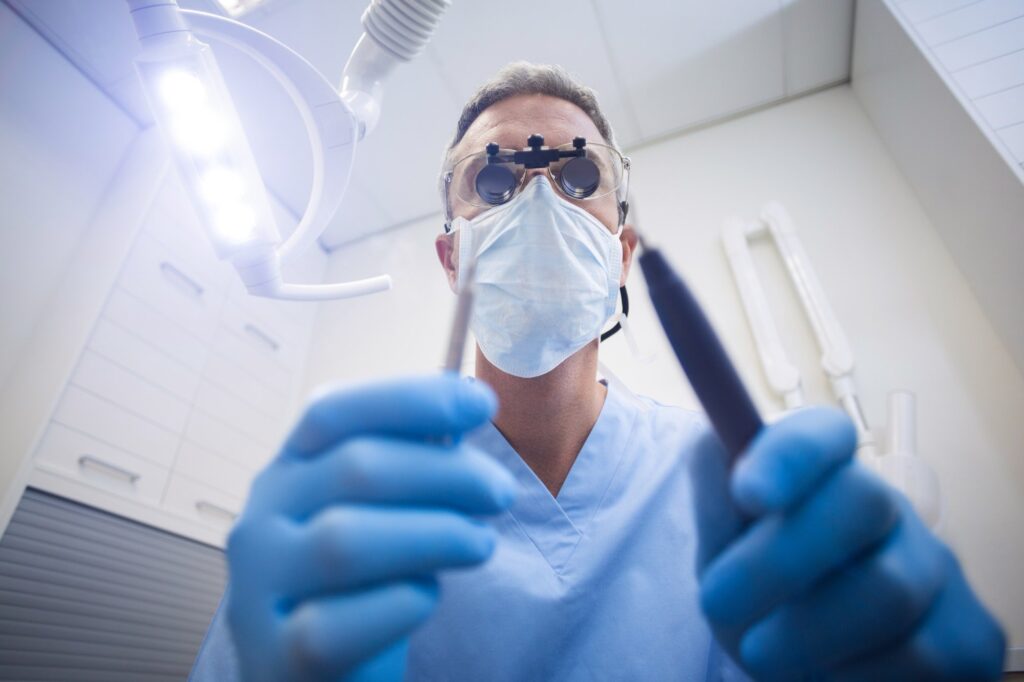Receiving a fluoride treatment is a crucial part of maintaining optimal dental health. However, you might wonder what happens if you eat after fluoride treatment. Let’s explore the potential effects and the best practices to follow post-treatment to ensure your teeth remain protected.
Understanding Fluoride Treatment
Fluoride treatments are a staple in preventive dental care, aimed at strengthening enamel and preventing cavities. During a dental cleaning, your dentist may apply a highly concentrated form of fluoride. This treatment is quick and effective, but it requires some patience afterward.
Why Timing Matters
After fluoride treatment, it’s crucial to avoid eating or drinking for at least 30 minutes. This waiting period allows the fluoride to fully absorb into the enamel, providing maximum protection. But what happens if you don’t wait?
Potential Consequences of Eating Too Soon
If you eat immediately after a fluoride treatment, the effectiveness of the treatment can be compromised. Foods and drinks can wash away the fluoride, reducing its ability to strengthen your teeth. Additionally, certain foods might interact negatively with fluoride, potentially causing irritation or staining.
Types of Foods to Avoid
To protect your teeth, steer clear of consuming hard, sticky, or acidic foods right after treatment. These types of foods can not only remove the fluoride coating but also cause damage to your softened enamel.
Best Practices Post-Treatment
For the best results, follow these tips:
- Wait at least 30 minutes before consuming anything.
- When you do eat, opt for soft foods like yogurt or soup.
- Stay hydrated with water to rinse away any remnants that might affect your enamel.Following these guidelines will help maintain the integrity of the fluoride treatment.
Consult Your Dentist
If you have concerns about fluoride treatments or your dental care routine, don’t hesitate to contact Casey Dental for personalized advice. Our team is here to help you achieve and maintain a healthy smile.
Conclusion
Understanding what happens if you eat after fluoride treatment is essential for maximizing the benefits of your dental care. By waiting and choosing the right foods afterward, you can ensure your teeth receive the full protective effects of fluoride. For more information on maintaining dental health, visit Casey Dental.


